I left the US at 17 to finish high school in rural Japan. The bold decision helped me build my dream life in Tokyo years later.
I grew up in Oregon, but I moved to rural Japan to finish high school when I was 17.
Unlike my experience in the US, school commutes were longer and clubs were an even bigger deal.
My unique high-school opportunity helped me pursue a life in Tokyo as an adult.
In 2015, at 17 years old, I made the brash and brave decision to leave my life behind in Oregon and move to Kanagawa Prefecture, Japan, for my senior year of high school.
Looking back, my choice to leave the US resulted in the cultural experience of a lifetime.
Here's how my Japanese school differed from what I was used to in the US, and how it opened the doors for me to build my dream life in Tokyo.
Long commutes to school were the norm.
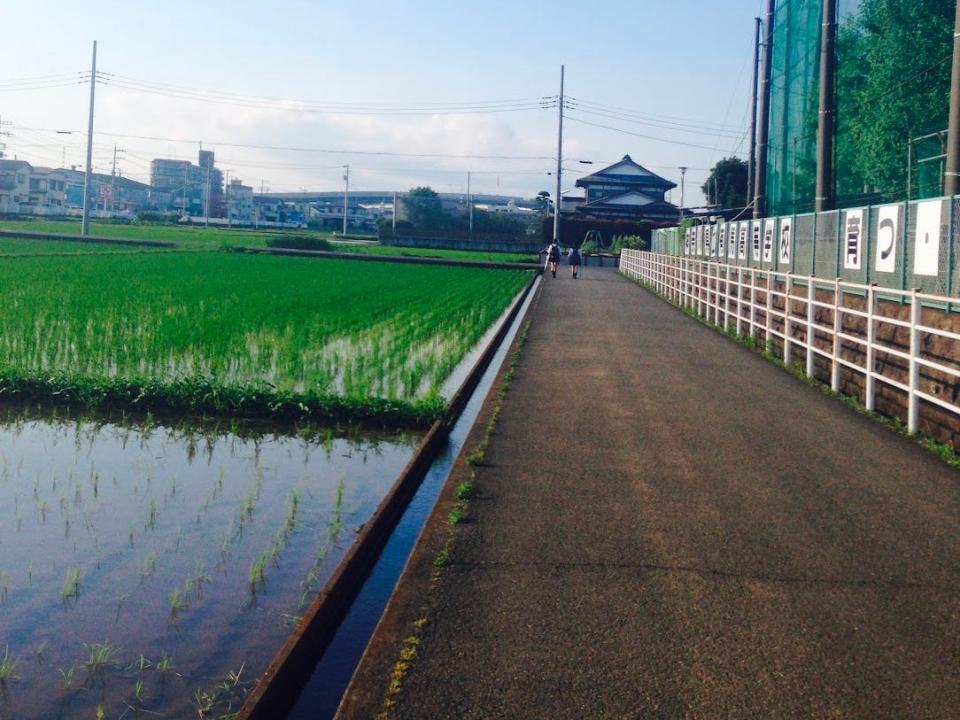
Japan has an efficient public-transportation system, so yellow school buses were nonexistent. Most of the families I met in Japan also only owned one car, and even that was usually reserved for special occasions.
Instead, in the rural area I lived, students commuted to school by public bus, train, bicycle, or some combination of the three.
My school, which was surrounded by rice fields, was located about a 15-minute walk from the nearest train station.
School districts also weren't based on students' addresses, which is generally the case for public schools in the US.
Japanese students take a countrywide entrance exam and attend a school based on several aspects, such as price, location, affiliation, and education quality.
A 20-minute commute would've felt long back in Oregon, but some of my classmates traveled up to two and a half hours each way to get to school.
The teachers come to the students instead of us switching rooms.
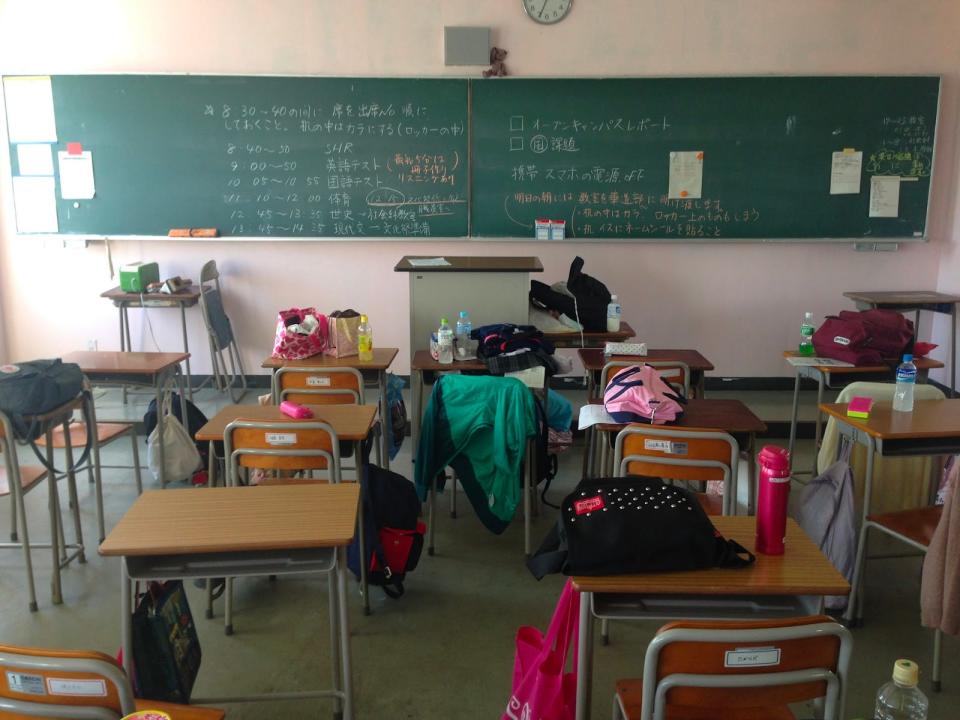
At the beginning of the year, students are assigned to a homeroom class where they do all their lessons with the same group.
In the US, I often found myself sprinting across the school with my backpack desperately trying to make it to my next class in the five-minute passing period.
But in Japan, we got a luxurious 10 minutes between classes while the next teacher came to us.
Physical education was choice-based.

Unlike standard gym classes at US high schools, at my school in Japan, physical-education activities were based on the students' choices and comfort levels.
For those who wanted a rigorous way to relieve stress, intense sports such as soccer and basketball were offered. But if you found yourself intimidated by high-speed athletics, alternatives such as badminton or table tennis were also available.
This made physical education fun and inclusive, plus, it allowed students with similar interests to bond on teams.
After-school extracurriculars were very important.
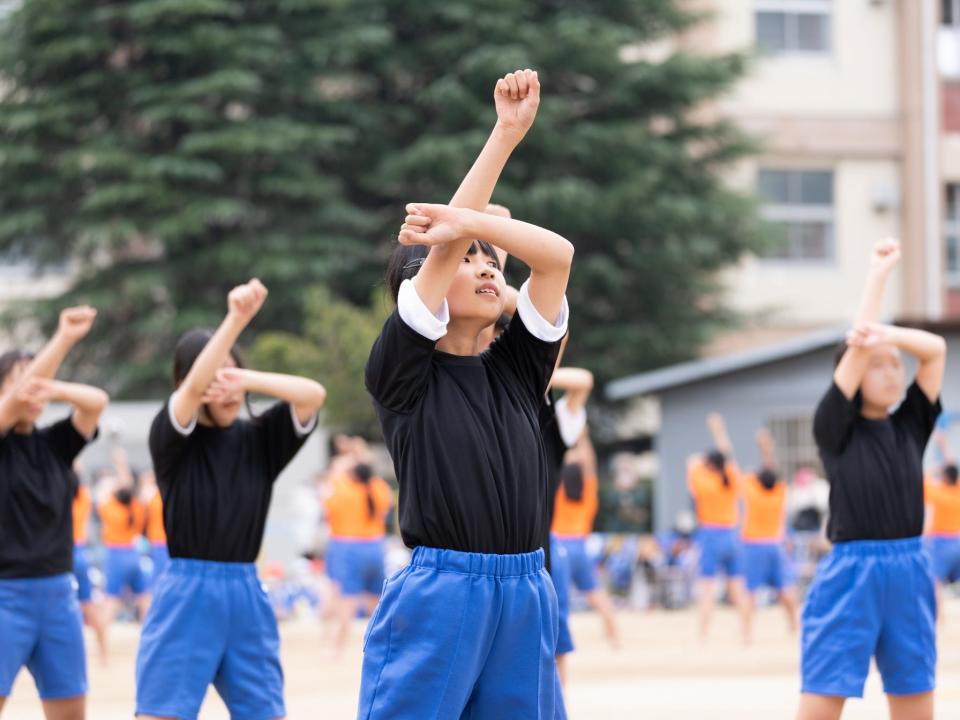
Japanese high schools are pretty famous for bukatsu (school clubs).
There were the typical after-school activities I was used to in the US, like soccer teams and theater groups. But there were also clubs dedicated to tea ceremony, flower arrangement, and comic-book drawing.
Thanks to invites from my friends and teachers, I was very into bukatsu. I was a proud member of the dance team, UNESCO volunteer group, English club, and flower-arrangement club.
School events were super fun.
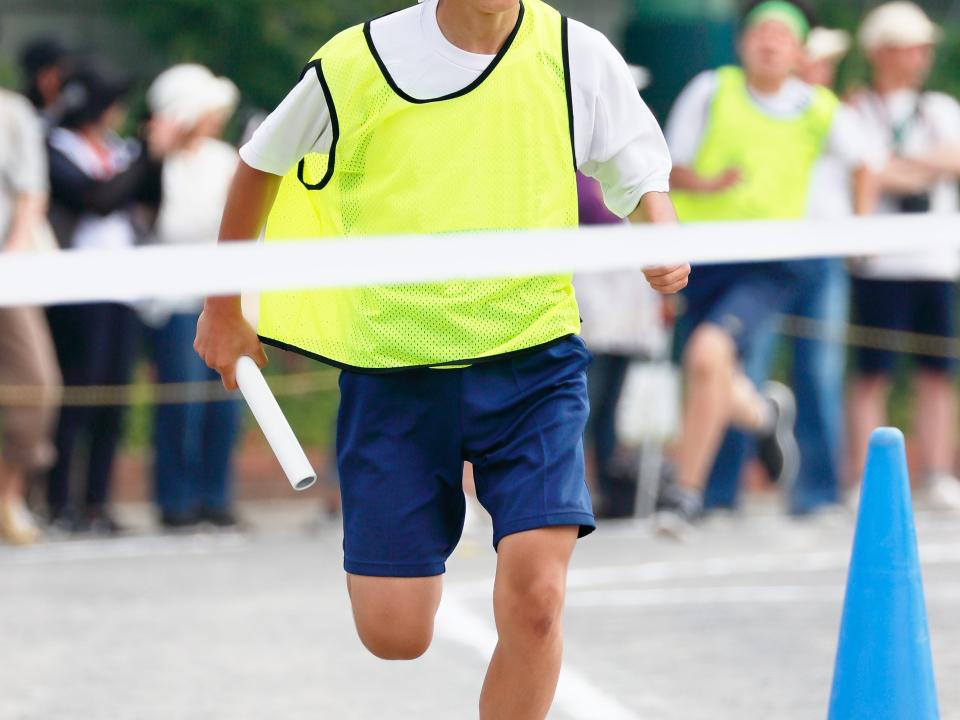
In the US, homecoming and prom are rights of passage, but my school in Japan had neither of those. Instead, there were an impressive number of unique events and festivals.
In early summer, the entire student body was divided into groups to compete against each other in various field games for the Sports Festival. The annual event meant lots of colored T-shirts, matching costumes, and extravagantly choreographed dance numbers.
The second largest event, the Cultural Festival, is typically held in September right after the summer break.
Instead of schoolwork, I was shocked and delighted that my class spent eight hours a day turning our classroom into a haunted house using stacked desks covered with cardboard and garbage bags.
Going to school in Japan helped me create a life for myself in Tokyo.
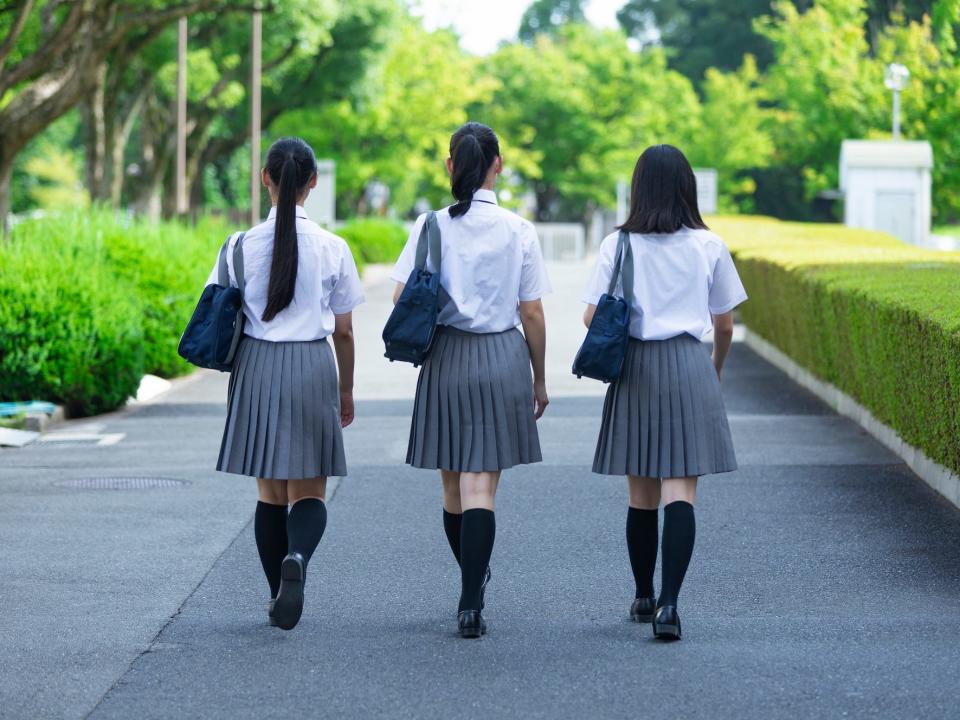
The impact of attending school in a foreign country has changed my life forever.
Thanks to that experience, 10 years later, I am living and working in Tokyo, taking advantage of the fact that I am now fluent in Japanese.
Getting the chance to be a "normal teenager" by sharing the same experience with my Japanese peers opened my eyes to different viewpoints, ways of life, and cultural standards.
I'm proud of the decision I made at 17 and the incredible doors it opened for me in my adult life.
Business Insider agreed to withhold Abi's last name for privacy reasons. We have verified her identity.
Read the original article on Business Insider


